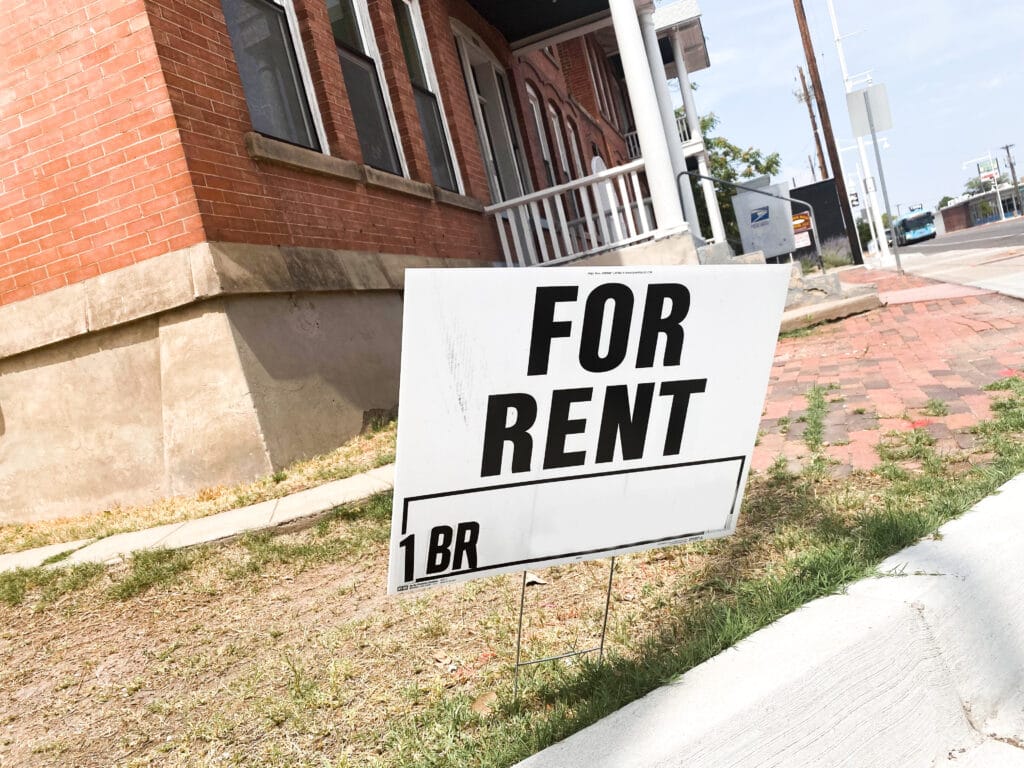Renting a home in Maine can be a great way to have flexibility and avoid some of the costs associated with homeownership. However, as a tenant, it’s essential to understand your rights when it comes to rent increases. Maine has specific laws in place to protect tenants from unreasonable rent hikes and to provide them with sufficient notice before any increase takes effect. This article will guide you through everything you need to know.
Navigating rental laws can be complex, and rent increases can cause significant financial strain for tenants. Maine’s laws aim to balance the rights of landlords to manage their properties with the rights of tenants to have stable and affordable housing. Staying informed about these laws will empower you to make informed decisions and protect yourself from unfair practices.
Statewide Rent Control in Maine
Maine does not have statewide rent control laws. This means that landlords generally have the freedom to set rent prices as they see fit, both for initial rents and for subsequent increases. However, they are still subject to certain restrictions and notice requirements outlined below.
Notice Requirements for Rent Increases
Maine law mandates that landlords provide tenants with written notice before increasing rent. The specific notice period depends on the type of tenancy agreement in place.
Month-to-Month Tenancies
If you have a month-to-month tenancy (no fixed lease term), your landlord must provide a minimum of 45 days’ written notice before increasing your rent. This notice period gives you time to adjust your budget or explore alternative housing options if needed.
Leases
For tenants with a lease, the terms of the lease agreement will dictate when and how rent can be increased. If your lease includes a rent increase clause, the landlord must abide by the terms outlined in that clause. If your lease is approaching its end and does not automatically renew, your landlord must still provide a 45-day notice for any rent increase effective after the lease term is up.
Significant Rent Increases (10% or more)
In 2023, Maine enacted a new law specifically addressing significant rent increases. Key points of this law:
- Notice: If a landlord intends to increase rent by 10% or more within a 12-month period, they must provide at least 75 days’ written notice. This applies even if the increase happens in multiple smaller increments.
- Void Attempts: Any attempt by a landlord to waive this notice requirement within a lease or other agreement is considered void.
- Penalties: Landlords who violate this law may be required to return any excess rent collected, along with interest, attorney’s fees, and costs.
Exceptions to Standard Notice Requirements
Some exceptions may apply to the standard notice requirements. These exceptions generally apply to specific types of housing, such as:
- Properties with affordable housing restrictions
- Properties involved in government housing programs
- Properties subject to rent restrictions due to participation in such programs
Municipal Rent Control Ordinances
While Maine lacks statewide rent control, individual cities and municipalities may enact their own rent control ordinances. It’s essential to check for any local regulations in your specific area.
Portland
Portland, Maine, has the most prominent municipal rent control ordinance in the state. Key points of Portland’s law:
- Limits on Rent Increases: Portland limits annual rent increases to the area’s Consumer Price Index (CPI) plus an additional percentage, depending on factors like property upkeep. In 2024, the allowable increase percentage is 2%.
- Notice: Landlords must give 90 days’ written notice of any rent increase.
- New Tenancies: Landlords are allowed larger initial rent increases (up to 5% of the base rent) for new tenancies to help fill vacant units.
- Banked Rent: If a landlord chooses to increase rent less than the allowable amount in a particular year, they can “bank” the unused portion for potential use in a future year.
Other Potential Cities
It’s crucial to check if your town or city has enacted rent control ordinances. While Portland currently stands as the prime example, other municipalities in Maine might consider implementing similar measures in the future.
Just Cause Eviction Protections
Recent legislation in Maine has strengthened tenant rights with the introduction of “just cause” eviction protections. Key elements of this law:
- Protections: As of 2024, a landlord must have a valid, or “just,” reason for terminating a tenancy or refusing to renew a lease. Examples of “just cause” reasons include nonpayment of rent, violation of lease terms, or significant damage to the property.
- Notice: Maine law sets specific timelines landlords must follow before terminating a tenancy, usually involving various written notices and time periods.
Retaliatory Evictions
In Maine, retaliatory evictions are prohibited. This means a landlord cannot terminate your tenancy as retaliation for actions such as:
- Filing a complaint with housing authorities
- Joining a tenant’s union
- Exercising your rights under landlord-tenant laws
If you believe you have been the victim of a retaliatory eviction, you should seek legal assistance.
Resources for Tenants
Several resources are available to assist Maine tenants in understanding their rights and dealing with issues like rent increases:
- Pine Tree Legal Assistance (https://www.ptla.org/): Offers legal aid services to low-income residents of Maine.
- Maine Affordable Housing Coalition ([invalid URL removed]): Provides resources and advocacy for affordable housing solutions in Maine.
- Municipal Housing Authorities: Your local city or town may have a housing authority offering information and assistance related to landlord-tenant issues.
- 211 Maine (https://211maine.org/): A statewide service connecting Maine residents with various community resources, including housing assistance.
Important Considerations:
- Document Everything: Thoroughly document communications with your landlord, dates of notices, lease agreements, and any relevant conversations or events. This can be crucial evidence in case of a dispute.
- Review your Lease: Carefully review your lease agreement. It may provide further clarity on rent increases and notice periods.
- Seek Assistance: Don’t hesitate to reach out to the resources listed above if you have questions, feel your rights are being violated, or need help navigating a rent increase or eviction situation.
Conclusion
Understanding Maine’s rent increase laws is vital for protecting your rights as a tenant. While statewide laws offer a degree of protection, it’s essential to be aware of both the general regulations and any municipal ordinances specific to your area. By staying informed and seeking assistance when needed, you can ensure that you have a stable and affordable housing situation.
Sources:
- Maine State Legislature: https://legislature.maine.gov/
- City of Portland: https://www.portlandmaine.gov/1148/Rent-Control-Rental-Housing-Rights
- Maine Affordable Housing Coalition: [invalid URL removed]
Disclaimer: This article provides general information and should not be interpreted as legal advice. If you have specific questions or concerns, consult with an attorney or tenant advocacy organization.



